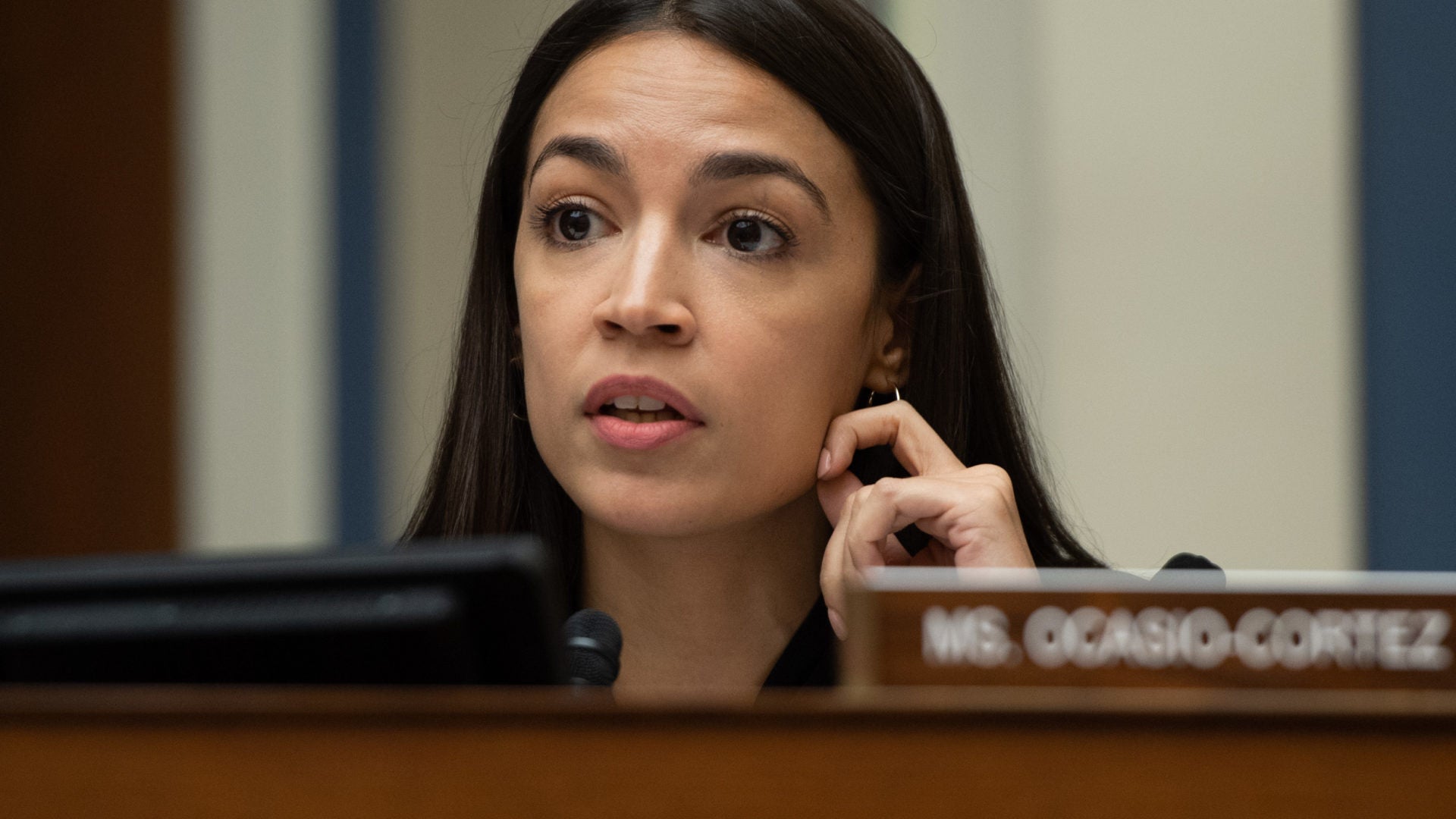
Last week, in the midst of the news that Democrats were launching an impeachment inquiry, Rep. Alexandria Ocasio-Cortez (D-NY) introduced “A Just Society” – a legislative package that sets a bold vision for economic justice and a path for improving the federal government’s anti-poverty interventions.
The package contains six bills that would: advance housing justice for renters; increase access to the social safety net for people with criminal records and undocumented immigrants; set clear employment standards for federal contractors; update the federal poverty line; and urge the United States to ratify the U.N. Covenant on Economic, Social and Cultural Rights.
“We are at our richest point that we’ve ever been, but we’ve also been our most unequal,” Ocasio-Cortez explained. While the likelihood of passage is low with the current Senate and White House occupant, “A Just Society” creates a strong vision for what it takes to address poverty.
One of the most comprehensive parts of “A Just Society” is the housing justice agenda, which would advance tenant protections like rent control, just cause evictions and right to counsel for tenants facing eviction. If rent control were adopted across the country, 42 million households could be stabilized. Given that women of color face the largest housing affordability challenges, these households disproportionately stand to benefit from the rent cap proposal.
In addition, providing legal representation to tenants facing eviction would particularly help Black women, who are more likely than any other group to face eviction. In fact, having legal representation decreases the chances of eviction from 90 percent to about 50 percent, increasing the likelihood of residents staying in their homes and avoiding homelessness.
Perhaps the most significant bill in the package is the proposal to expand access to benefits by updating the federal poverty measure to take into account new and critical expenses such as childcare, Internet access, and where someone lives. In an interview with NPR, Ms. Ocasio-Cortez explained, “If we can acknowledge how many Americans are actually in poverty I think that we can start to address some of the more systemic issues in our economy.”
Today, nearly 40 million people in the United States live in poverty. However, the official definition of poverty — an annual income of about $12,000 for a single person or $25,000 for a family of four — leaves millions of economically insecure people out of the equation. Experts have long pointed out how the official poverty measure is insufficient as it does not account for what is actually needed to fully participate in society. Further, the federal poverty line fails to fully account for the government’s ability to reduce poverty as it does not include in-kind benefits, such as housing vouchers or food stamps, as part of income. To bring millions of people into the middle class, leaders must be clear about who is actually economically insecure.
Across the country, roughly 106 million people— or one in every three U.S. residents —can be considered economically insecure, living in households with incomes below 200 percent of the federal poverty level. These households balance precariously on the edge of poverty where a short-term illness, loss of income, or emergency expense can be financially insurmountable. What’s more, according to a recent report by the National Equity Atlas, a partnership between PolicyLink and the Program for Environmental and Regional Equity at USC, four out of ten economically insecure adults are working regularly, but low wages and/or limited hours prevent them from achieving economic security. Another four out of ten economically insecure working-age adults are out of the labor force due to illness or disability, family responsibilities, schooling, or other barriers to employment, such as transportation or childcare challenges. Due to persistent racial inequities, a disproportionate number of the economically insecure are Black and Latinx.
Our communities and nation are strongest when everyone is able to prosper and reach their full potential. Regions across the country stand to gain billions of dollars by achieving racial equity. In 2015 alone, the entire country lost out on $2.5 trillion in economic activity due to racial income gaps. Having stable, sufficient income to meet everyone’s basic needs is critical to the health and wellbeing of individuals, as well as our local and national economies.
While Ocasio-Cortez’s bill provides a much-needed blueprint for the federal government to begin seriously addressing the country’s growing inequality, the scale of the problem requires leadership beyond the federal government. Closing racial gaps in employment, income, and wealth and lifting millions of people out of economic insecurity will require working at all levels of government as well as the private sector. Raising the minimum wage, preventing residential and commercial displacement, and expanding transportation access and affordability are and realistic and practical — but highly ambitious ideas like universal family care are worth championing as well.
Still, the “A Just Society” legislative package is a much-needed call-to-action for Congress to truly understand how our economy is failing far too many people and begins charting a course to address the millions of people who are left out of anti-poverty programs.
Tracey Ross is a writer and advocate who leads the All-In Cities initiative at PolicyLink, a national research and action institute advancing racial and economic equity.